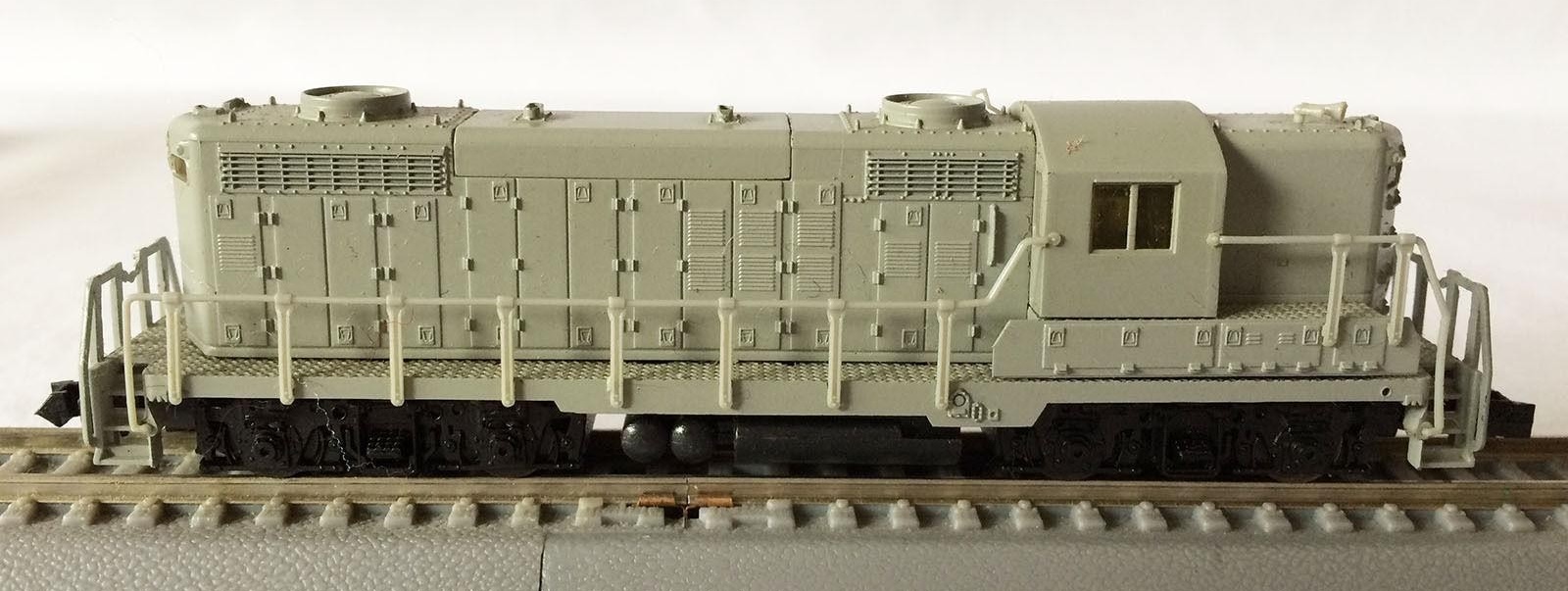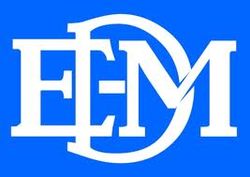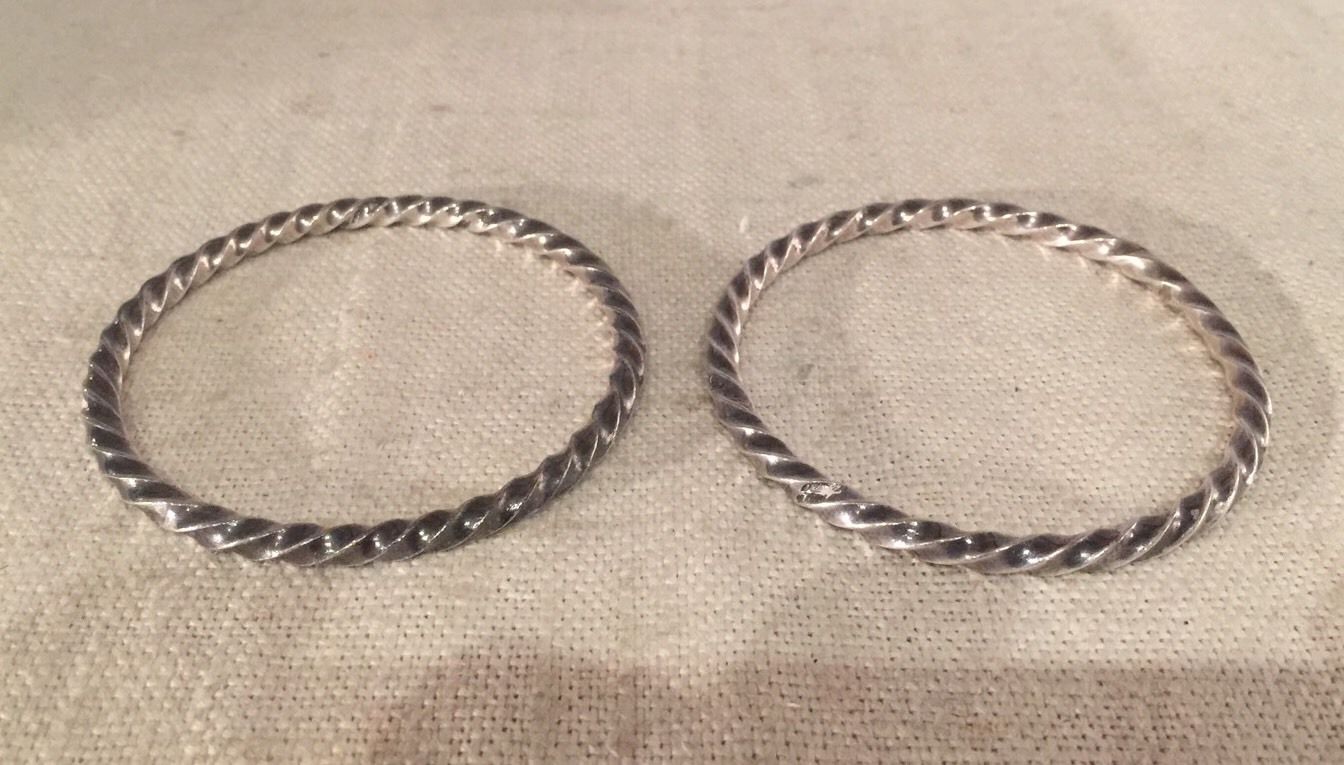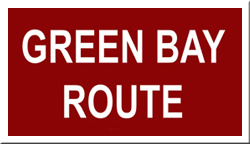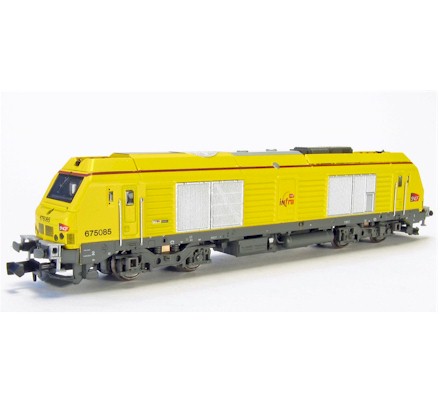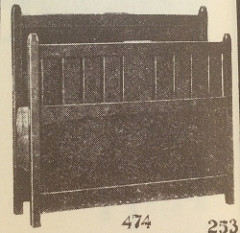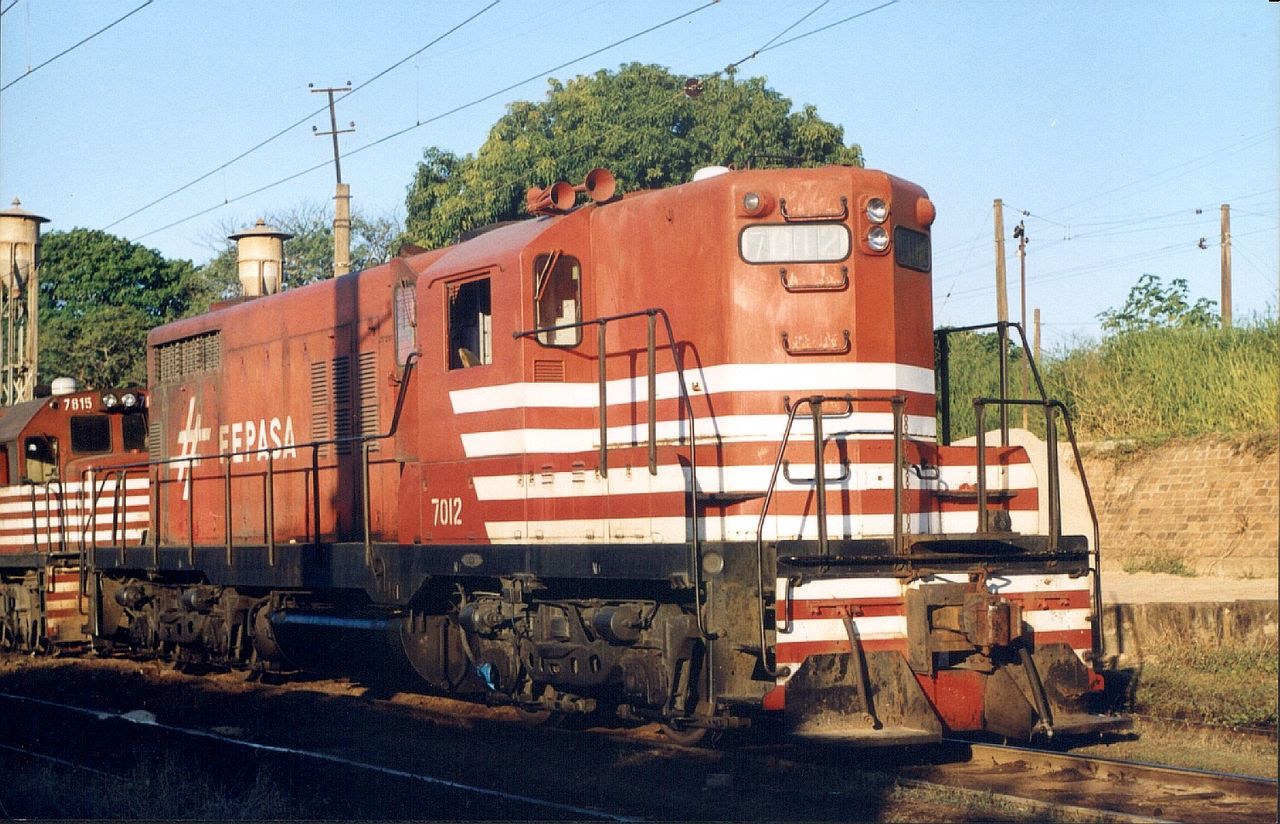Specific Item Information: Stock number 7118 was subsequently used in the 2004 run for a Norfolk & Western GP18
Model Information: Life-Like introduced this model in 1994. They later recycled the same mechanism for their GP9-R in 1995. They added the low-nose version in 1996. In 2004 Life-Like introduced the Metal-Chassis version of the GP18. Most recently, in 2007, They redid the model as a full DCC-Ready model. All versions run fairly well. The 2004 and 2007s versions are split-frame design with dual flywheels, with a 5-pole skew-wound motor. However, only the 2007 chassis will support a DCC drop-in decoder.
The 1994 and 2004 runs are having some duplicated stock numbers, that refer to different models, which is quite confusing; so be extra-careful if you acquire one of these.
The 1994 and 2004 runs are having some duplicated stock numbers, that refer to different models, which is quite confusing; so be extra-careful if you acquire one of these.
DCC Information: From 2007 on, these engines have been DCC-Ready. Earlier versions don't take to DCC very well.
Prototype History: The EMD GP18 was not a revolutionary locomotive. It evolved from the proven and successful GP7 and GP9 locomotive designs, keeping the best of their features and adding important new options of its own. Increased power was one of the main selling points, with the GP18 getting 1800 horsepower out of its non-turbocharged 567D1 diesel, compared to only 1500 horsepower for the GP7 and 1750 horsepower for the GP9. The most innovative design feature of the GP 18 was not introduced until near the end of production: The GP18 was the first EMD locomotive to be offered with a low short hood, a big improvement in cab visibility for the crew.
While these innovations were important, versatility was what made this locomotive successful. GP18s could handle a full range of duties, from switching to transfer runs to mainline work, passenger or freight. Among the many options offered were steam generators for passenger service, winterization hatches for improved cold-weather performance, dynamic brakes for maximum braking on steep grades, and a variety of fuel tank sizes to suit operating conditions and axle loadings.
EMD produced 388 GP18s from 1959 until 1963, with American railroads purchasing 350 units and Mexican railroads ordering 38. Replaced by the turbo-charged GP20 and the uniquely styled GP30, the GP18 was not as innovative as the locomotives produced before or after it. But when you measure the GP18 by the standards of versatility and usefulness, this was one of EMD?s most successful locomotive designs.
While these innovations were important, versatility was what made this locomotive successful. GP18s could handle a full range of duties, from switching to transfer runs to mainline work, passenger or freight. Among the many options offered were steam generators for passenger service, winterization hatches for improved cold-weather performance, dynamic brakes for maximum braking on steep grades, and a variety of fuel tank sizes to suit operating conditions and axle loadings.
EMD produced 388 GP18s from 1959 until 1963, with American railroads purchasing 350 units and Mexican railroads ordering 38. Replaced by the turbo-charged GP20 and the uniquely styled GP30, the GP18 was not as innovative as the locomotives produced before or after it. But when you measure the GP18 by the standards of versatility and usefulness, this was one of EMD?s most successful locomotive designs.
Road Name History: 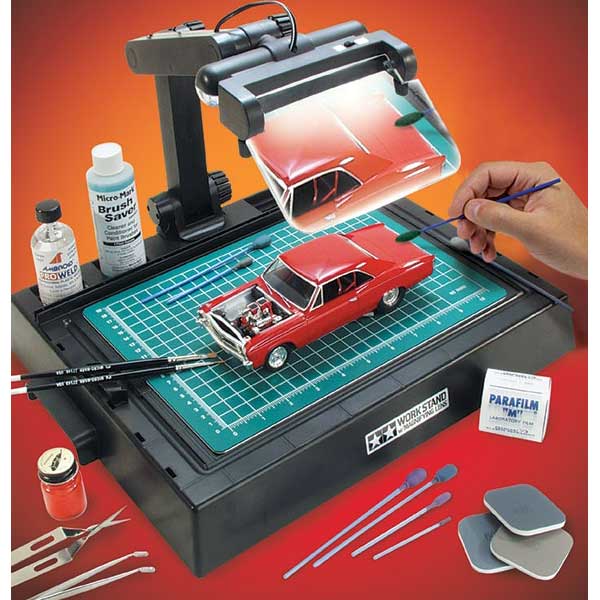 Although they may be molded in color, unpainted and unlettered, undecorated products are marketed to modelers who seek to custom decorate their models for private roads and/or road and/or company names that were not commercially produced by any of the major manufacturers.
Although they may be molded in color, unpainted and unlettered, undecorated products are marketed to modelers who seek to custom decorate their models for private roads and/or road and/or company names that were not commercially produced by any of the major manufacturers.
Undecorated models are frequently also unassembled or only partially assembled and required modelers to be comfortable with glue, paint and sometimes solder in order to prepare their models for display. Materials for these models can vary but often include plastic, pewter and resin. Models may or may not come with decals or other decorations such as plastic signage, railings and ladders to enhance the appearance of the final product.

Undecorated models are frequently also unassembled or only partially assembled and required modelers to be comfortable with glue, paint and sometimes solder in order to prepare their models for display. Materials for these models can vary but often include plastic, pewter and resin. Models may or may not come with decals or other decorations such as plastic signage, railings and ladders to enhance the appearance of the final product.
Brand/Importer Information:  Life-Like Products LLC (now Life-Like Toy and Hobby division of Wm. K. Walthers) was a manufacturer of model railroad products and was based in Baltimore, Maryland.
Life-Like Products LLC (now Life-Like Toy and Hobby division of Wm. K. Walthers) was a manufacturer of model railroad products and was based in Baltimore, Maryland.
It was founded in the 1950s by a company that pioneered extruded foam ice chests under the Lifoam trademark. Because ice chests are a summer seasonal item, the company needed a way to keep the factory operating year round. As model railroading was becoming popular in the post-war years, they saw this as an opportunity and so manufactured extruded foam tunnels for model trains. Over the years, Life-Like expanded into other scenery items, finally manufacturing rolling stock beginning in the late 1960s. At some point in the early 1970s, Life-Like purchased Varney Inc. and began to produce the former Varney line as its own.
The Canadian distributor for Life-Like products, Canadian Hobbycraft, saw a missing segment in market for Canadian model prototypes, and started producing a few Canadian models that were later, with a few modifications, offered in the US market with US roadnames.
In 2005, the company, now known as Lifoam Industries, LLC, decided to concentrate on their core products of extruded foam and sold their model railroad operations to Wm. K. Walthers.
In June 2018, Atlas and Walthers announced to have reached an agreement under which all Walthers N scale rolling stock tooling, including the former Life-Like tooling, will be purchased by Atlas.
Read more on Wikipedia and The Train Collectors Association.

It was founded in the 1950s by a company that pioneered extruded foam ice chests under the Lifoam trademark. Because ice chests are a summer seasonal item, the company needed a way to keep the factory operating year round. As model railroading was becoming popular in the post-war years, they saw this as an opportunity and so manufactured extruded foam tunnels for model trains. Over the years, Life-Like expanded into other scenery items, finally manufacturing rolling stock beginning in the late 1960s. At some point in the early 1970s, Life-Like purchased Varney Inc. and began to produce the former Varney line as its own.
The Canadian distributor for Life-Like products, Canadian Hobbycraft, saw a missing segment in market for Canadian model prototypes, and started producing a few Canadian models that were later, with a few modifications, offered in the US market with US roadnames.
In 2005, the company, now known as Lifoam Industries, LLC, decided to concentrate on their core products of extruded foam and sold their model railroad operations to Wm. K. Walthers.
In June 2018, Atlas and Walthers announced to have reached an agreement under which all Walthers N scale rolling stock tooling, including the former Life-Like tooling, will be purchased by Atlas.
Read more on Wikipedia and The Train Collectors Association.
Item created by: Alain LM on 2021-02-25 04:04:43. Last edited by Alain LM on 2021-02-25 04:06:42
If you see errors or missing data in this entry, please feel free to log in and edit it. Anyone with a Gmail account can log in instantly.
If you see errors or missing data in this entry, please feel free to log in and edit it. Anyone with a Gmail account can log in instantly.


